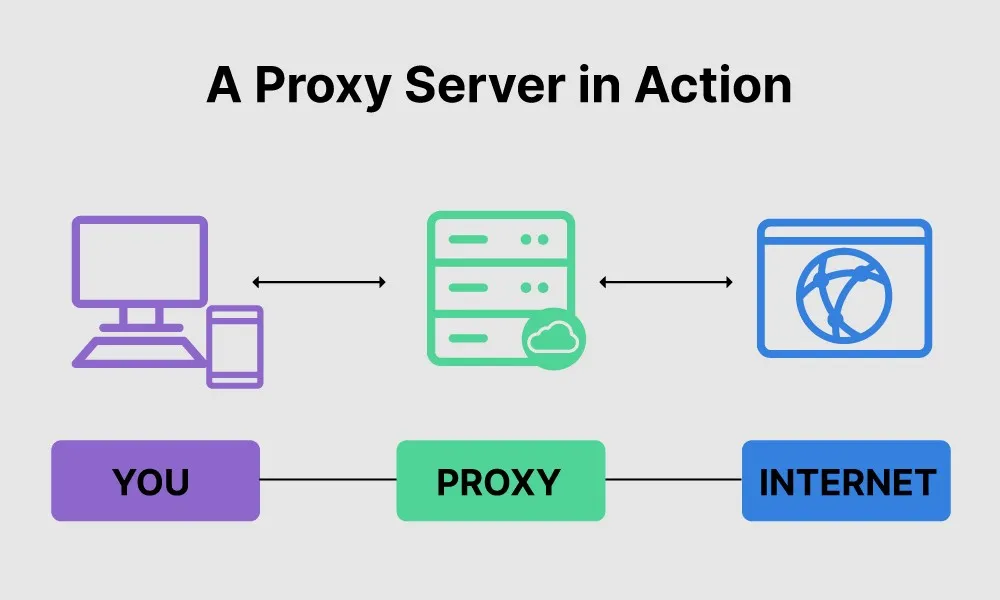The Dark Web, often associated with illicit activities, has evolved to support legitimate business practices, particularly for entrepreneurs seeking privacy, anonymity, and security in their transactions. While it remains a space where illegal trade can occur, many entrepreneurs have turned to the Dark Web for its encrypted communication tools, anonymous payment systems, and robust security measures, offering a layer of protection not easily found in the surface web. One of the key ways the Dark Web supports entrepreneurs is through its encrypted communication networks. Tools such as Tor The Onion Router allow for the creation of secure, anonymous connections between parties, making it difficult for third parties, including governments and cybercriminals, to monitor conversations. This feature is especially valuable for entrepreneurs in industries that require discretion, such as those involved in intellectual property, high-value transactions, or sensitive negotiations. Entrepreneurs can exchange ideas, discuss strategies, and enter into contracts without the risk of their information being exposed or compromised.

Another critical component of the Dark Web is its support for anonymous payment systems. Bitcoin and other cryptocurrencies are commonly used for transactions on the Dark Web, providing a layer of financial privacy not typically offered by traditional banking methods. For entrepreneurs, cryptocurrency transactions are appealing because they do not require personal information or financial institutions to facilitate payments. This ensures that transactions can occur without revealing the identity of the business owners or clients. Additionally, cryptocurrencies offer the advantage of being borderless, enabling entrepreneurs to engage in international trade without facing the restrictions or fees imposed by traditional banking systems. The Dark Web also offers a marketplace where entrepreneurs can source unique goods and services, often from global suppliers who operate in regions with fewer restrictions or regulations. This opens up access to rare or specialized products that may not be available through conventional channels. Entrepreneurs involved in niche industries or those looking to offer differentiated products can take advantage of the vast network of suppliers and service providers operating in the shadows of the internet.
However, it is important to recognize that while the tordex link Dark Web offers these advantages, it also comes with significant risks. Entrepreneurs must navigate this environment with caution, as it is also rife with fraud, scams, and other criminal activities. Only those who are vigilant and understand the potential pitfalls, such as using secure wallets and conducting due diligence, can make the most of the opportunities the Dark Web provides. In conclusion, the Dark Web has proven to be a valuable tool for entrepreneurs who require secure business transactions and privacy. Its encrypted networks, anonymous payment systems, and access to global markets offer business owners a unique set of resources that are difficult to match in the surface web. However, successful navigation of this space requires careful attention to security and a strong understanding of the risks involved.


